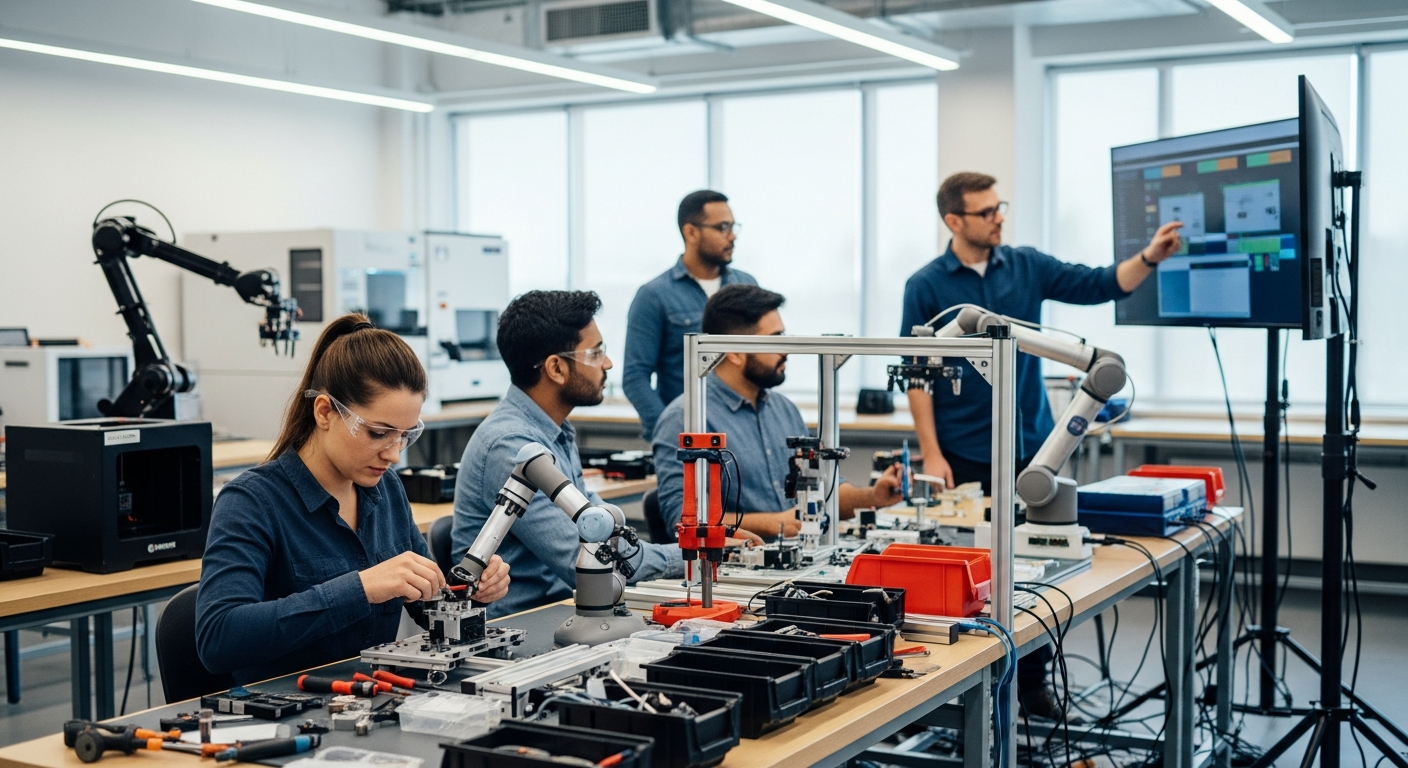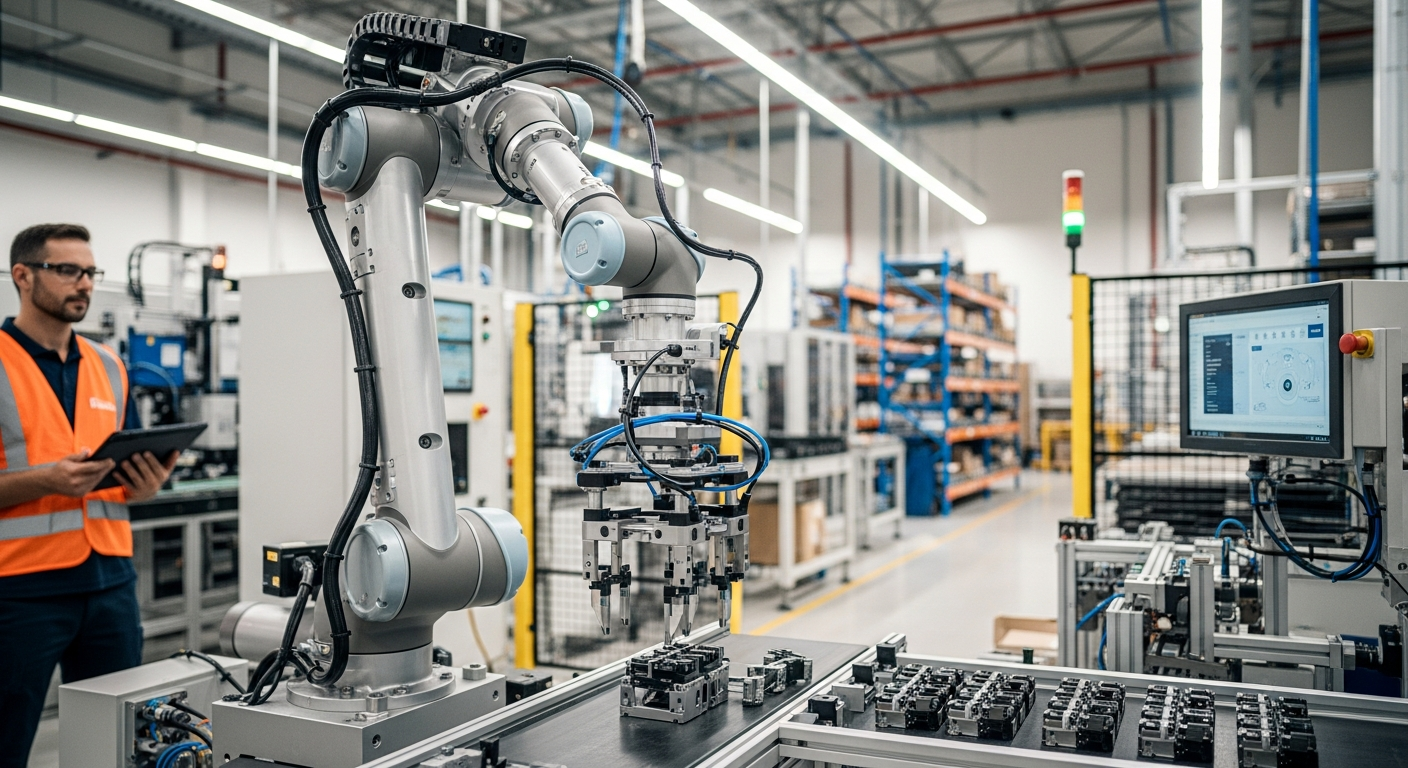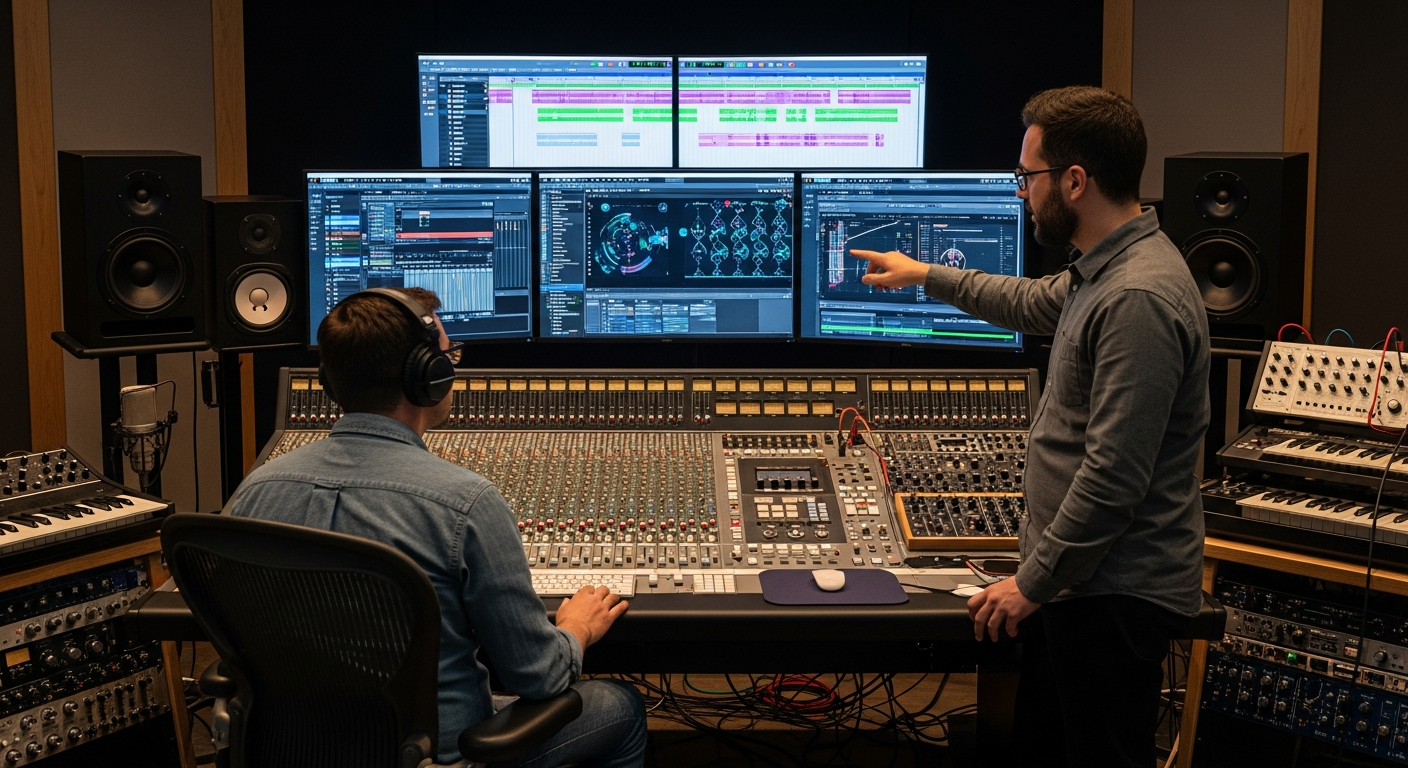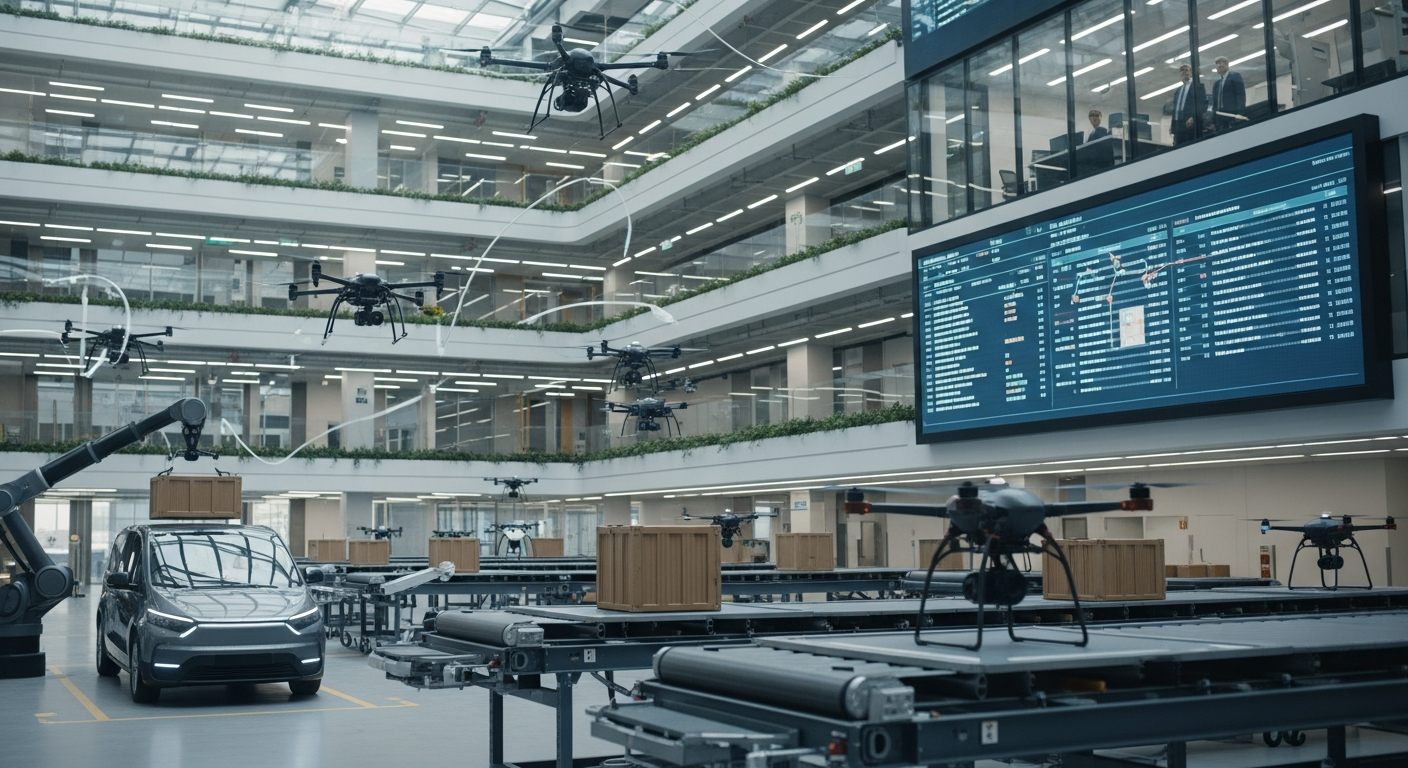Automotive Biometrics: The Future of Personalized Driving
Imagine stepping into your car, and before you even touch the steering wheel, it recognizes you. The seat adjusts to your preferred position, the mirrors align perfectly, and your favorite playlist starts playing. This isn't science fiction; it's the emerging world of automotive biometrics, a technology poised to revolutionize our driving experience. As vehicles become increasingly connected and intelligent, biometric systems are set to play a crucial role in enhancing security, comfort, and personalization in automobiles.

Beyond the Key Fob: Advanced Access Systems
Modern automotive biometric systems go far beyond simple fingerprint scanners. Facial recognition cameras can identify the driver and passengers as they approach the vehicle, automatically unlocking doors and adjusting settings. Iris scanning technology, once the stuff of spy movies, is now being integrated into high-end vehicles for an additional layer of security. These systems are not only more convenient but also significantly more secure than traditional key fobs, which can be easily cloned or hacked.
The Seat That Knows You
One of the most promising applications of biometrics in cars is in seating systems. Advanced seats equipped with weight sensors and pressure mapping technology can create a unique profile for each driver. This goes beyond simply remembering your preferred seat position. These smart seats can detect poor posture and subtly adjust to improve comfort and reduce fatigue on long drives. Some prototypes even incorporate health monitoring features, tracking vital signs through contact with the driver’s body.
Steering Wheels: The New Health Monitors
The steering wheel, a driver’s primary point of contact with the vehicle, is becoming an unexpected health monitoring device. Embedded sensors can detect heart rate, blood pressure, and even blood alcohol content through the skin. This technology has the potential to prevent accidents by alerting drivers to health issues or detecting signs of drowsiness. In the future, these systems could even be linked to emergency services, automatically calling for help if a driver experiences a medical emergency.
The Eyes Have It: Gaze Tracking and Attention Monitoring
Eye-tracking technology is finding its way into vehicle cabins, offering both safety and convenience benefits. By monitoring a driver’s gaze, these systems can detect distraction or drowsiness, providing warnings or even intervening in dangerous situations. On the convenience side, some luxury vehicles are experimenting with gaze-based controls, allowing drivers to adjust settings or select infotainment options simply by looking at specific areas of the dashboard.
Voiceprint: The Ultimate Hands-Free Interface
Voice recognition in cars has come a long way from the clunky systems of the past. Modern voiceprint technology can not only understand commands but also identify specific individuals. This allows for personalized responses and security features. Imagine a car that won’t start the engine unless it hears the authorized driver’s voice, or a system that can set different infotainment restrictions based on who’s speaking.
The Security Implications: A Double-Edged Sword
While biometric systems offer unprecedented levels of security and personalization, they also raise significant privacy concerns. The data collected by these systems is highly personal and potentially sensitive. Automakers and tech companies must grapple with questions of data ownership, storage, and protection. There’s also the risk of this information being hacked or misused, potentially leading to identity theft or unauthorized vehicle access.
The Road Ahead: Challenges and Opportunities
As automotive biometrics continue to evolve, several challenges remain. Ensuring reliability across different environmental conditions – from bright sunlight to dark nights – is crucial for vision-based systems. There’s also the question of user acceptance; not everyone is comfortable with the idea of their car knowing so much about them. However, the potential benefits in terms of safety, convenience, and personalization are immense.
Conclusion: A More Personal Relationship with Our Vehicles
Automotive biometrics represent a significant shift in how we interact with our vehicles. As cars become more than just modes of transportation – evolving into personalized, intelligent companions – biometric technology will play a crucial role. While challenges remain, the future of driving looks set to be more secure, comfortable, and tailored to individual needs than ever before. As this technology matures, we may find ourselves developing a more personal, almost symbiotic relationship with our vehicles, ushering in a new era of human-machine interaction on the road.






